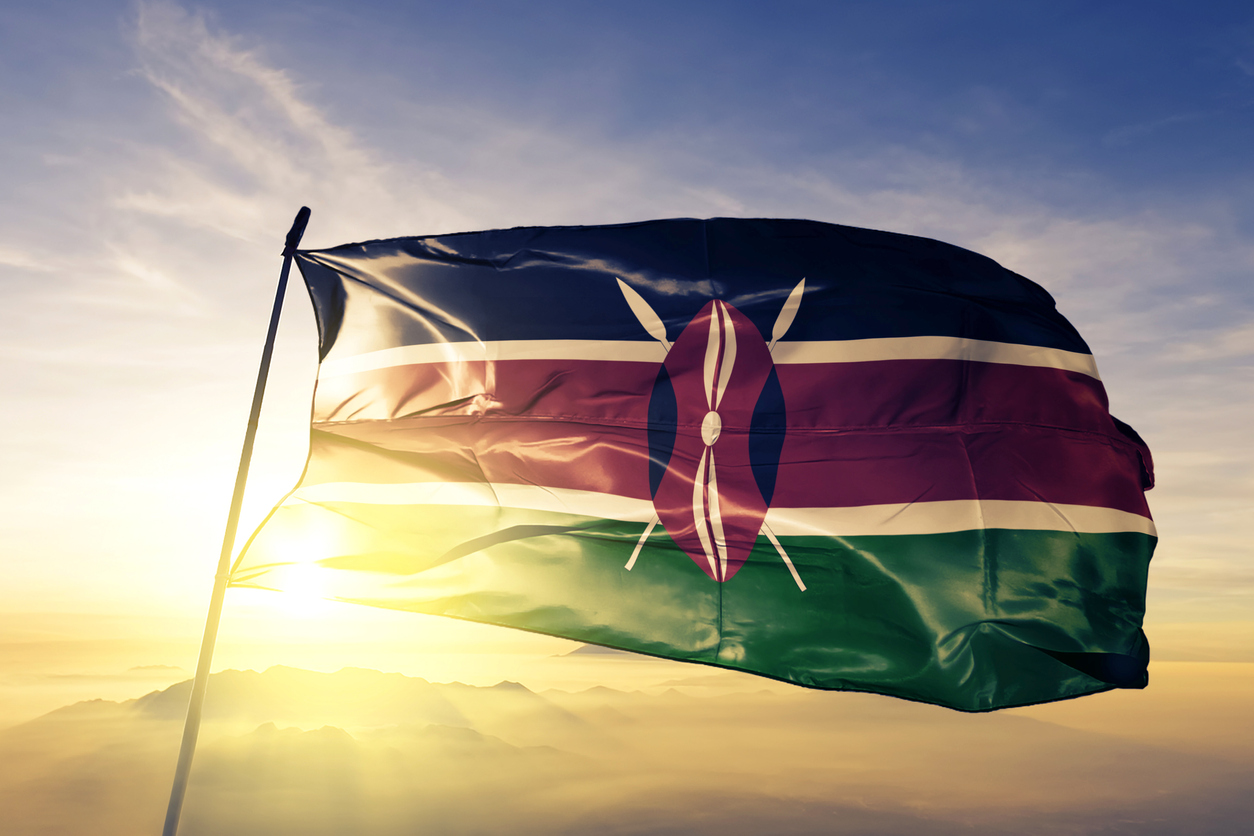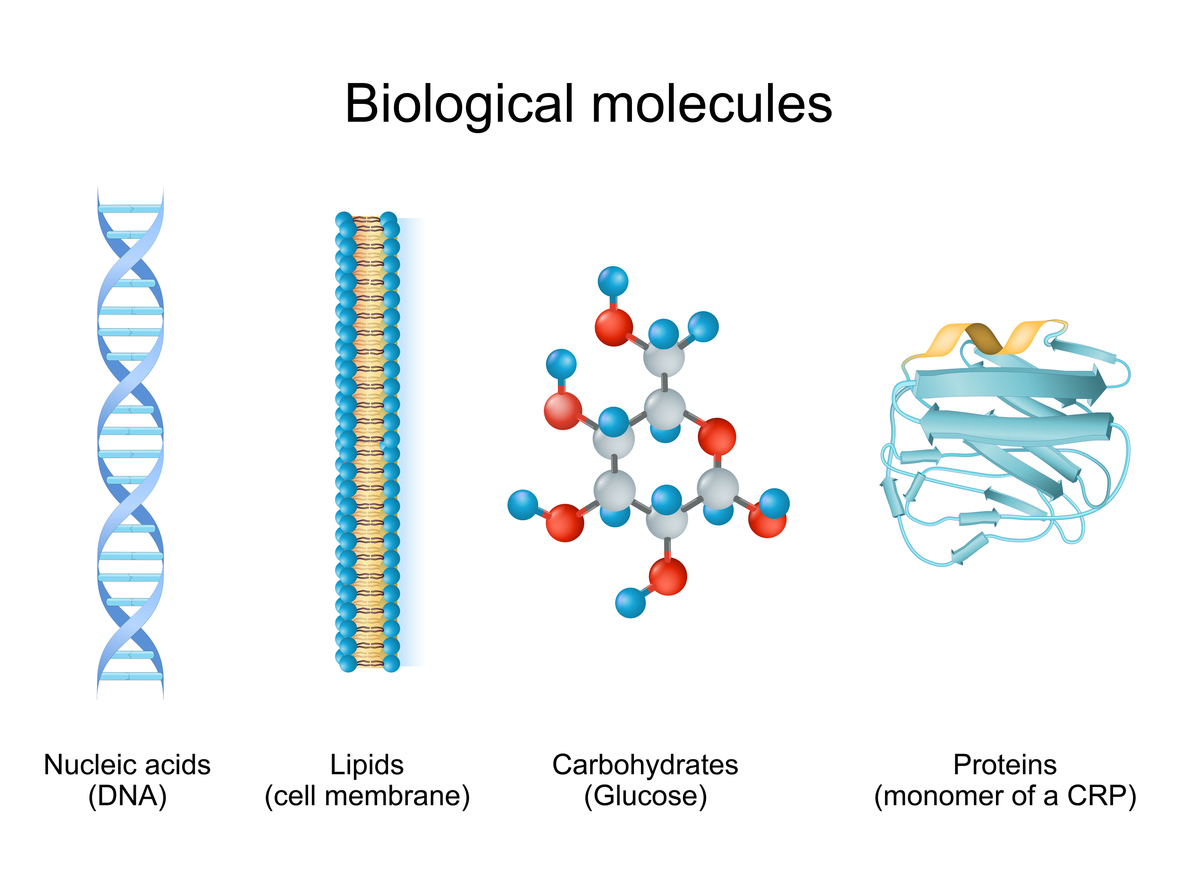A Step-by-Step Guide to Shipping Goods from Singapore to Kenya
A Step-by-Step Guide to Shipping Goods from Singapore to Kenya
Shipping goods from Singapore to Kenya can be a daunting task. Between the paperwork, customs regulations, and other logistics, it can be hard to know where to start. But with the right preparation, it is possible to make the process go smoothly and quickly. This step-by-step guide will walk you through the entire process, providing you with the information and resources you need to ensure your goods arrive safely and on time. Learn how to select and prepare your goods, find a reliable shipping partner, and navigate customs regulations with ease. With this guide in hand, you’ll be ready to start shipping goods from Singapore to Kenya with confidence.
Selecting and Preparing Goods for Shipping
First, you’ll need to select the goods that you would like to ship from Singapore to Kenya. This is actually a very important part of the shipping process because the goods themselves can be a major factor in determining how your shipment is regulated and how much it costs. If you’re shipping sensitive items, you may want to select a shipping method that is more secure, such as an express or refrigerated shipping service. If your goods are non-perishable and you’re in a rush, you may want to consider air shipping. This type of shipping usually takes between one and five days, and it is more affordable than other shipping methods. However, if you’re shipping perishable goods or goods that require special handling, you’ll likely need to use a sea freight shipping method instead. Sea freight shipping is often the cheapest option, but it can take up to 30 days or more.
Choosing a Reliable Shipping Partner
After you’ve selected and prepared your goods, the next step is to select a shipping partner. This partner will help you to arrange transport, prepare shipping documents, and, in some cases, handle customs clearance. To make an informed decision, you’ll want to look for a reliable shipping partner that can help you to meet your unique shipping needs. Start by considering how quickly you’ll need your goods delivered and which ports you’ll need to use. Also, keep in mind that you’ll have to deal with your shipping partner for the duration of your shipment. Make sure that you feel confident that your shipping partner is equipped to handle your shipment correctly. Choose a reliable partner that is able to provide you with a wide range of shipping services. This way, you’ll have one point of contact for all of your shipping needs.
Understanding Customs Regulations
Before you ship your goods from Singapore to Kenya, you’ll need to understand the customs regulations for importing and exporting goods. This includes determining whether you will be required to fill out a customs declaration form and paying any applicable taxes and duties. As part of this process, you may also be required to provide a shipper’s declaration. This document will list the details of your shipment, including the description of the goods, the value, and the importer. You may be required to provide a shipper’s declaration if you are shipping by air or sea freight. Be sure to review the customs regulations for importing and exporting goods to Kenya before you begin the shipping process. You can find these regulations on the website of your country’s customs office or on the website of the Kenyan authorities.
Filling Out Shipping Documents
Next, you’ll need to fill out shipping documents for your goods. This is important because the documents you select will determine how your goods are transported and the methods used to clear customs. There are a number of different shipping documents you can choose from, including air waybills, marine bills of lading, and cargo manifests. The shipping documents you choose will depend on a number of factors, including the type of goods you are shipping and your shipping method. You can find a full list of available shipping documents on the website of the International Air Transport Association or the International Maritime Organization. It is important to note that you should select a shipping document before you begin shipping your goods. This will allow you to ensure that your documents are accurate and that they meet Kenyan customs regulations.
Preparing Goods for International Shipping
Next, you’ll need to prepare your goods for international shipping. This includes cleaning and repackaging your goods, as well as removing any labels that identify your company. This will help to prevent theft and ensure that your goods arrive at the other end in pristine condition. Additionally, you may be required to provide documentation to prove that your goods meet import requirements, such as documentation from a certified laboratory for perishable goods. You will also need to obtain an import permit for certain goods, such as plants and animals. You can find more information about importing goods to Kenya on the website of the Kenyan Revenue Authority.
Tracking Your Shipment
Before your goods are shipped from Singapore to Kenya, you’ll want to track and monitor them to make sure that everything is going as planned. This will provide you with peace of mind and help you to stay on top of the shipping process. There are a number of ways that you can track your shipment, including signing up for an online shipment tracking service or contacting your shipping partner directly to get information about your shipment. If you use an online service, you’ll be able to track your shipment in real-time, getting information such as the location of your ship and the estimated arrival time of your shipment.
Receiving Your Goods
Finally, you’ll need to be prepared to receive your goods at the other end. This includes having a designated place to receive your goods, such as a warehouse or a port of entry. Be sure to note the arrival times of your shipments; you’ll want to be available to receive your goods as quickly as possible, especially if you are shipping perishable goods. You’ll also need to have the appropriate amount of funds available to pay for your goods. The amount of funds you’ll need will depend on the type of shipping documents you select. In most cases, you’ll only need to provide a letter of credit or a bank guarantee.
Working with a Customs Broker
If you are shipping goods from Singapore to Kenya and you’ve encountered unexpected troubles, you may want to consider working with a customs broker. Customs brokers are experts who assist importers and exporters with clearing goods through customs. They can also help you to avoid costly delays and penalties by expediting your shipment, and they can provide you with advice and guidance throughout the process. While customs brokers are not required for international shipping, they can provide a valuable service, especially for first-time shippers. If you think that customs brokers could be helpful for your shipping needs, be sure to do your research and find a reputable broker that will be able to meet your needs.
Common Shipping Pitfalls to Avoid
Before you finish shipping your goods from Singapore to Kenya, be sure to avoid these common pitfalls that can add unnecessary delays and costs to your shipment. First, be sure to check that your goods can be legally shipped to Kenya. You can do this by reviewing the import regulations for Kenya at the website of the Kenyan authorities. Next, make sure that you’ve selected the appropriate shipping documents for your shipment. This will ensure that your goods are shipped and cleared through customs as quickly as possible. Finally, make sure that you’ve prepared your goods for international shipping. This includes cleaning and repackaging your goods and removing any labels or markings that can identify your company.
Resources for Shipping Goods from Singapore to Kenya
Finally, there are a number of resources that you can use to get more information about shipping goods from Singapore to Kenya. These include government websites, such as the websites of the International Air Transport Association or the International Maritime Organization. In addition, you can also find information from third-party websites and apps, such as the website of FedEx or the website of DHL.








LEAVE A COMMENT
You must be logged in to post a comment.